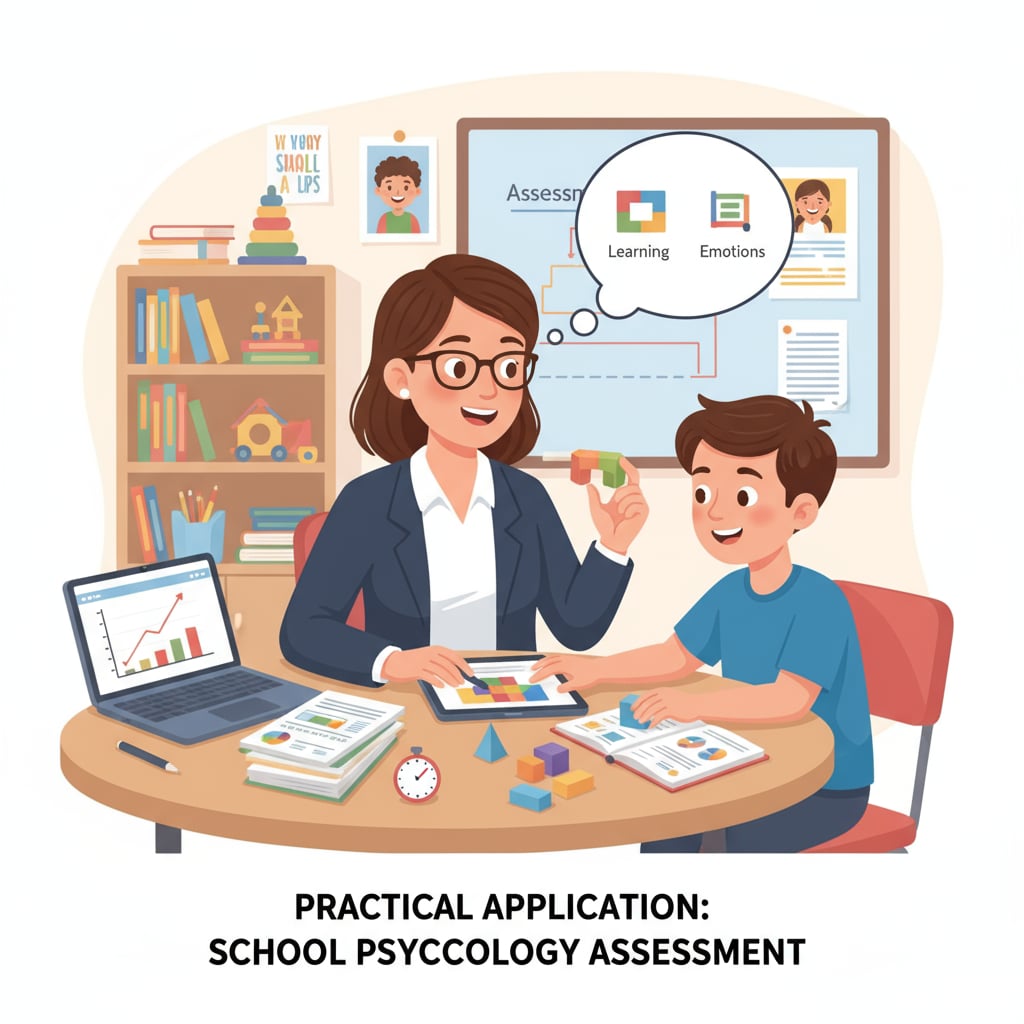In the realm of K12 education, the choices between school psychology and administration present unique career paths for professionals. These two directions, while distinct, both offer rewarding opportunities in the educational landscape. Let’s delve into the details to help you make an informed career choice.

The Allure of School Psychology
School psychology focuses on the mental health, social, and academic well-being of students. Professionals in this field play a vital role in identifying and addressing issues that may impede a student’s learning and development. For example, they might work with students who are struggling with anxiety, learning disabilities, or behavioral problems. According to the American Psychological Association, school psychologists collaborate with teachers, parents, and other school staff to create supportive environments for students.
One of the main advantages of a career in school psychology is the opportunity to make a direct impact on students’ lives. By providing counseling, conducting assessments, and developing intervention plans, school psychologists can help students overcome challenges and reach their full potential. However, this path also requires a high level of emotional resilience, as dealing with students’ personal issues can be emotionally demanding.

The Realm of Administration
Education administration involves managing the day-to-day operations of a school or educational institution. Administrators are responsible for tasks such as curriculum development, staff management, budget planning, and ensuring compliance with educational regulations. As stated on Education World, they play a key role in shaping the overall educational experience within a school.
The benefits of a career in administration include the ability to have a broad impact on the educational system. Administrators can influence policies, allocate resources effectively, and create a positive learning environment for the entire school community. On the flip side, the job often comes with a heavy workload and high levels of responsibility, as decisions made can have far-reaching consequences.
Required Qualifications
For school psychology, typically a master’s or doctoral degree in school psychology is required. Additionally, obtaining a license or certification is essential to practice in most states. This involves completing supervised internships and passing relevant exams. In contrast, a career in education administration often requires a master’s degree in educational administration or a related field, along with experience in teaching or other educational roles.
Career Outlook
The demand for school psychologists is expected to grow as schools increasingly recognize the importance of mental health support for students. Similarly, with the continuous evolution of educational policies and the need for effective management in schools, the field of education administration also offers promising career prospects. However, competition can be fierce in both areas, so it’s crucial to stand out with relevant skills and experience.
In conclusion, the choice between school psychology and administration in K12 education depends on your interests, skills, and long-term career goals. Whether you’re passionate about working directly with students on a personal level or have a talent for managing and shaping educational institutions, both paths offer fulfilling opportunities to contribute to the field of education.
Readability guidance: By breaking down the information into sections and using clear language, we aim to make this article accessible. Each section focuses on a key aspect of the career choices, and the use of examples and external references helps to provide a comprehensive view. The images also serve to enhance understanding.


